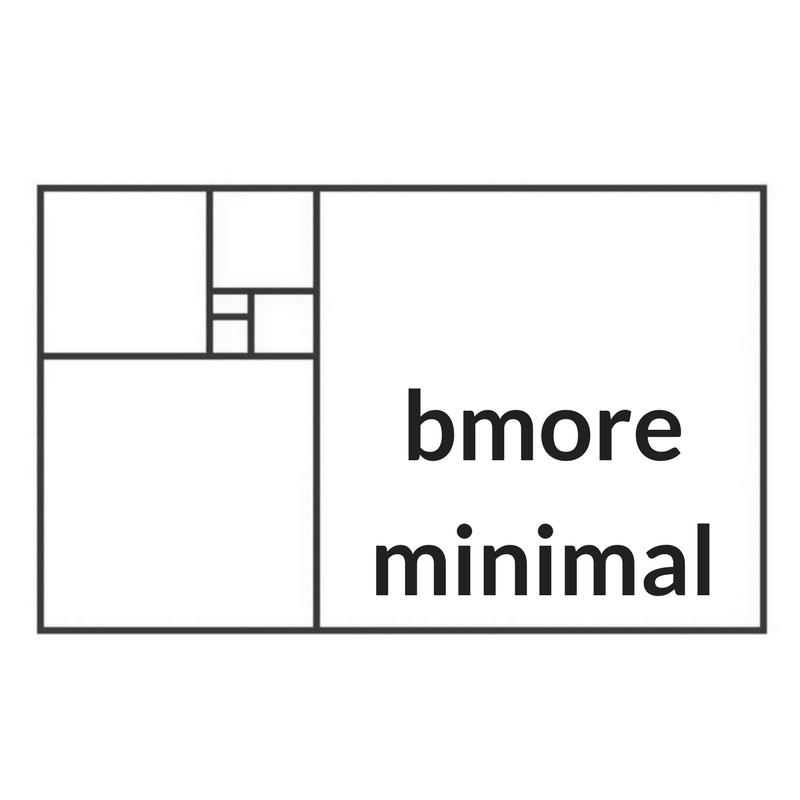We all feel uncomfortable with unfinished business. But we don’t always realize how much cognitive load incomplete tasks demand.
The phenomenon of ruminating on unfinished, interrupted, or incomplete tasks is called the Zeigarnik Effect, after the Russian psychologist who studied it. (She was also a mother of two, so who better to study interruptions and incomplete tasks!)
Zeigarnik first studied waiters: if a patron hadn’t yet paid the bill, the waiters recalled all the details of their order. Once the bill was paid, the waiters soon forgot the details.
Our brains can dispose of information once it’s no longer useful and relevant to us, which frees up our cognition for other things. If we complete a task, we can “close the tab.” If the task is incomplete, that tab, and all the other tabs about all the other tasks we need and want to do, are open, vying for our attention and energy.
This is yet another reason why I caution clients against the “just a little each day” approach. Who wants to dedicate any of our limited mental bandwidth to ruminating over decluttering a linen closet bit by bit?
This is also why I end a session with a set plan for donations. If that final step of dropping the excess towels off at BARCS is languishing in our mind, we don’t experience the full relief of a decluttered and organized space.
The benefit of the Zeigarnik Effect arises in projects that are inherently longer-term and multi-step, like packing for a move or setting up a new house.
If we stop working for the day right in the middle of a process, electing not to complete the obvious next step, when we return the next time we have an easy starting point.
Ernest Hemingway would stop writing right in the middle of a sentence on Day One so he would have an instant spark of momentum on Day Two; we can leave the next category of clothing to be curated in a heap on the guest bed for tomorrow-us to tackle first thing.
We won’t feel that sinking, where-do-we-even-begin feeling, and we’ll build up momentum that will carry us through that day’s set of tasks, and the next, and the next, until we can close that tab for good.
